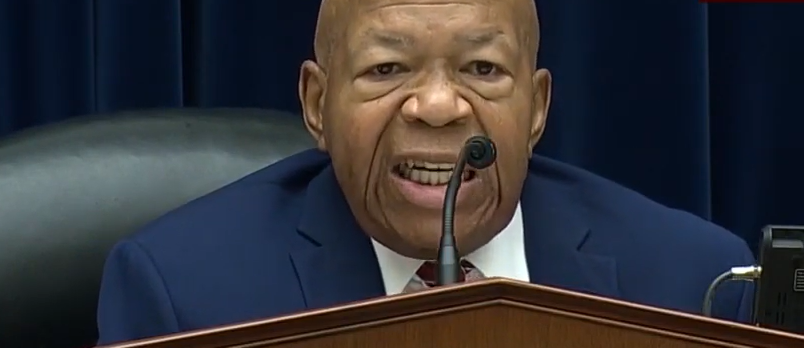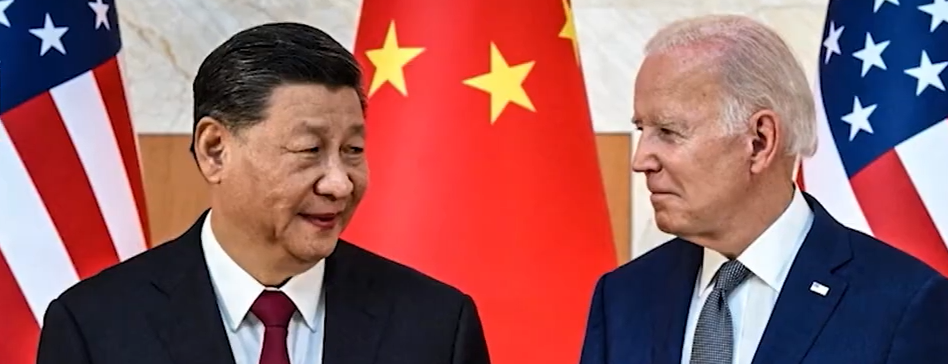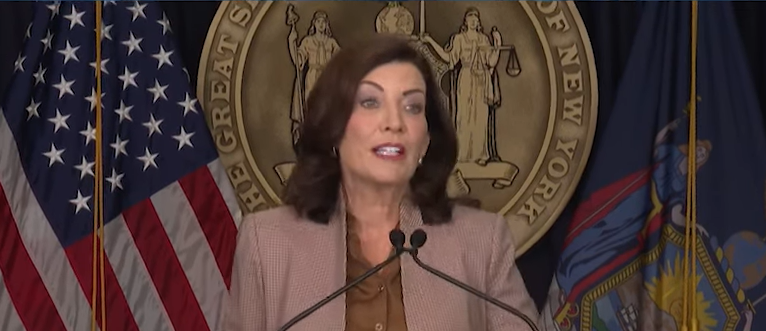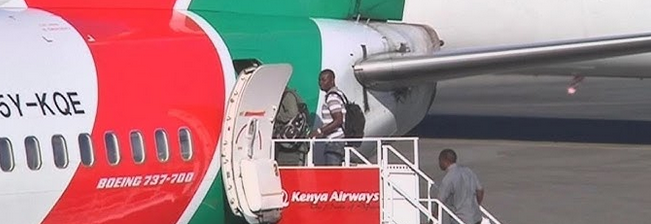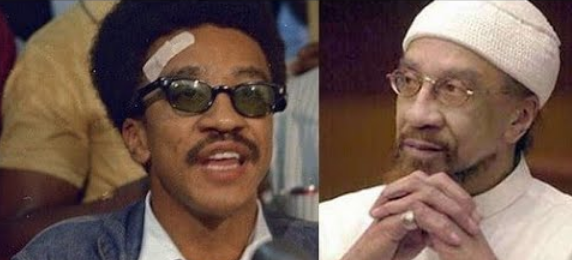[Federal Executions]
David Dozier: “Resuming the executions after a long, informal moratorium was a less than subtle example of how President Donald Trump often uses public relations…“It’s fairly consistent with how he’s politicized major issues.”
Photo: YouTube
Polls have shown a downward trend in support of the death penalty by the American public since the mid-90s, and a majority of Americans now favor alternatives to capital punishment.
Yet the U.S. Supreme Court in June cleared the way for the resumption of federal executions for the first time since 2003, and three death row inmates were executed in July.
Why now after 17 years without a federal execution?
The timing – shortly before a presidential election – illustrates how a political party in power exploits controversial issues to energize its supporters and attempt to distract the public from poor approval ratings, says David Dozier (www.DavidDozierBooks.com), a professor emeritus in the School of Journalism & Media Studies at San Diego State University and author of The California Killing Field.
“Resuming the executions after a long, informal moratorium was a less than subtle example of how President Donald Trump often uses public relations,” Dozier says. “He and his advisers saw a way to take political advantage and appeal to their base while he’s being roundly criticized for his handling of the coronavirus and the protests against racial injustice.
“It’s fairly consistent with how he’s politicized major issues to try to better position himself with the electorate. From the outset of the pandemic, he’s treated it more as a public relations issue for himself than a national health crisis. His concern has been how it affects his re-election chances, so he’s come up with conspiracy theories, blamed the media, Democrats, and medical advisers, and had his team crunch the numbers to downplay the threat and try to restore hope in the economy.”
Dozier looks at how some major current events are influencing conservative campaign messaging heading into the election:
- Drawing battle lines amid racial protests. Politicians can be divisive through public rhetoric, and Dozier says one example is the Trump Administration’s controversial considerations of deploying federal troops in cities where there are protests against racial injustice and police brutality. “Police killing unarmed Black men is just one visible aspect of the systemic racism and corruption of our criminal justice system in the U.S.,” Dozier says. “But he deflects that huge issue with a big statement geared to his base on law and order. Not to mention the fact that the liberal mayors of these cities don’t want his federal troops there, but it’s his way of trying to make those leaders look weak at the expense of escalating the volatile situations.”
- Ignoring data on the death penalty. Dozier’s own research on the death penalty found many Americans were abolitionists who would not endorse any method of execution. “Opinion polls have continued to show the death penalty is losing its popularity, but it’s popular with some conservative segments,” Dozier says. “And like police killings, the death penalty is targeted at the poor and persons of color. Black Americans make up 13% of the population but 34% of persons executed since 1976. The U.S. and Japan are the only democracies in the world still retaining the death penalty.”
- Dealing with a polling problem exacerbated by COVID. With the president’s approval ratings low for his management of the coronavirus, Dozier says his recent actions indicate he’s aware of the polls and worried about them. “He finally endorsed wearing a mask and began holding briefings again, albeit without the medical experts,” Dozier says. “Yet at the same time he still pushes for the reopening of schools and the economy as most Republican governors did, trying to have it both ways. The White House’s constant mixed message goes against the fundamentals of public relations.”
“Every execution is a chance to talk about the death penalty,” Dozier says. “Right now, it can be part of a larger national conversation about the dangers of politicizing every major issue we face as a country.”
About David Dozier
David Dozier (www.DavidDozierBooks.com) is the author of The California Killing Field and an internationally recognized expert and speaker on mass communications, public relations, and communication management. Professor emeritus in the School of Journalism & Media Studies at San Diego State University, Dozier is author or co-author of over 100 books, book chapters, articles, and scholarly papers, and his works have been cited by other scholars over 4,000 times. Among his numerous honors are: the 1990 Pathfinder Award from the Institute for Public Relations Research and Education for his contribution to original scholarly research in the field; in 2008, named Outstanding Educator by the Public Relations Society of America; in 2009, named a Research Fellow by the Institute for Public Relations; in 2014, recipient of the Norma B. Connelly Public Affairs Service Award “for exceptional meritorious service to the U.S. Navy Public Affairs.” Dozier received his doctorate in communication research from Stanford University.


